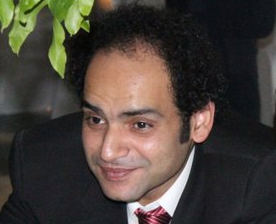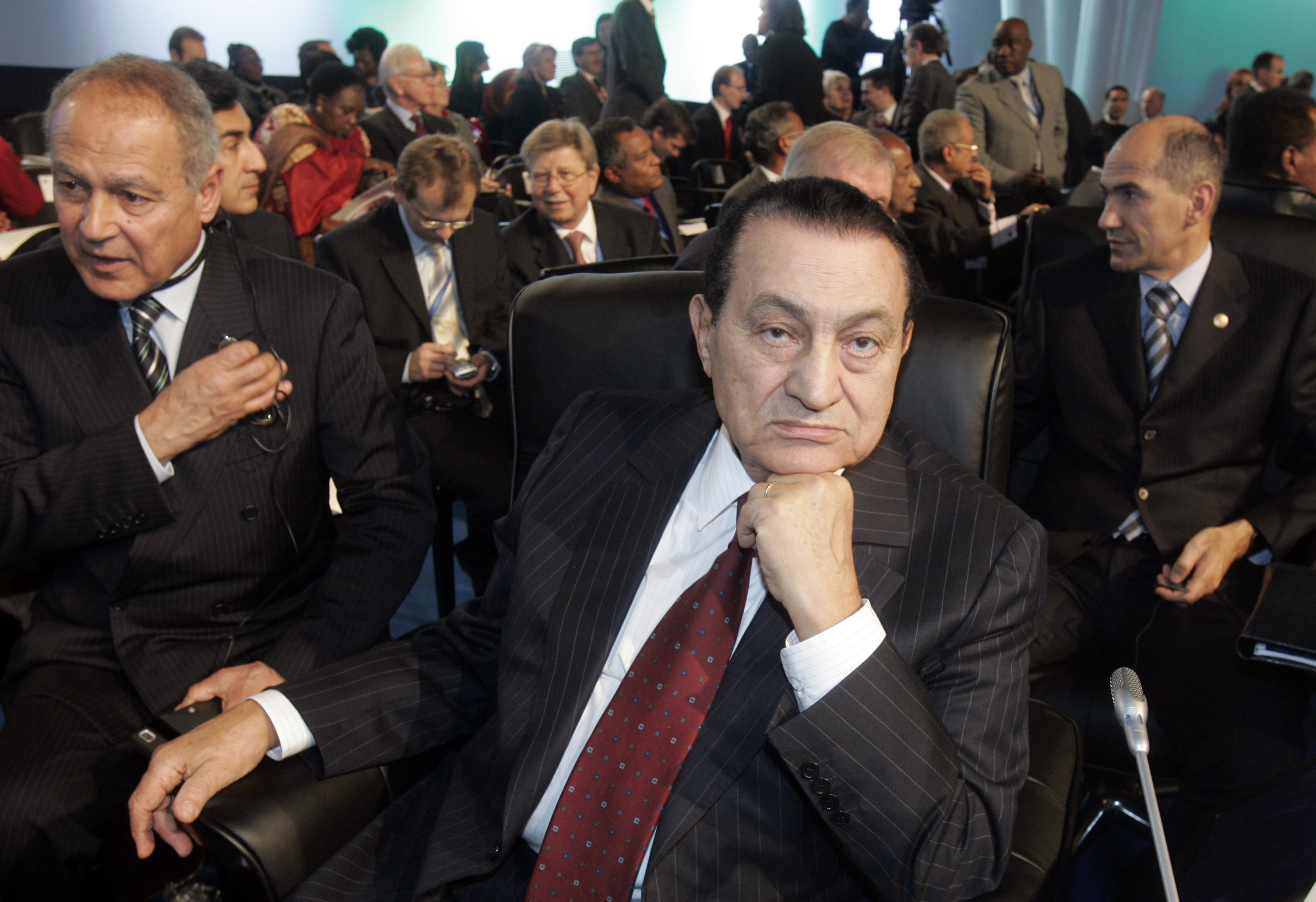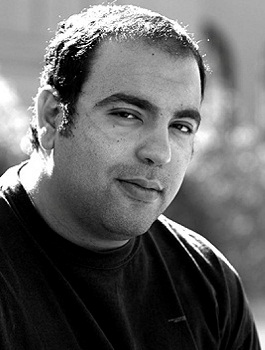
Unfortunately, revolutions come at a price. The whole idea of revolting is to destroy the connection with the status quo, and this connection can be broken in two main ways. You either break the connection, celebrate its destruction, propose a different status quo, implement it and build a new connection; or simply break the connection, celebrate its destruction and then work hard at building a new one. In other words, there are revolutions that rebel, and reach deep into the roots of societies, shooting across social classes, property relations and even rural/urban composition. On the other hand, there are revolutions that reject this, finding satisfaction in the small change that happened at the top. Revolution scholars, whether sociologists or political scientists, argued for years about opposing terms to explain just that, movement vs. uprising, social revolution vs. political revolution, top-down revolution vs. bottom-up revolution, and sometimes it is as abstract as reform vs. revolution.
Does this sound too complicated or too intellectual? Does it sound too serious for whatever little change the January 25th uprising or revolution brought about? It probably does, that’s why it makes more sense to be brief and keep things simple. Revolutions are just like people, some of us are very hard to please, and it takes ages for them to be satisfied, while others are easily amused. There is no harm in admitting it now: our revolution was one of those easily amused revolutions; we were ecstatic with the bare minimum. The 30 years Mubarak ruled Egypt made us yearn for the moment he would no longer be president. We dreamed about that moment, we envisioned it, we taught it to our children and I have known decent men who lived and gloriously died for that moment as well. Therefore, when that moment came, it was only logical that we would get caught up in rejoicing. The haze of pleasure that followed 11 February, the revolutionary pink cloud, or simply that time when things were still an “Arab Spring” made us all blind to demands of change, to who is raising them, listening to them, implementing them and even who is working hard at them in different ways. We were genuinely and whole-heartedly busy celebrating. We were making jokes, writing songs, preparing performances and the rest of the Tahrir repertoire. Even when things became less “festive” and more “formative”, we started forming in different ways as well.
Old time Liberal and Leftist politicians were occupied and actually even obsessed with the idea of the party or the institution. In fact, political parties were the phenomena of 2011. It was suddenly “in” to be in a political party or even to have your own! The youth from social movements were presented with a similar challenge where they had to choose between remaining movements and turning into parties. Then an ideological fiasco broke loose between politicians, intellectuals and revolutionaries. Parties were formed and broken, fragmented then brought back together, divided into fronts or merged into coalitions according to ideological considerations. The argument over deciding the meaning of the term “liberal” in the current Egyptian context, no matter how ridiculous it is, this argument is responsible for breaking many parties into smaller ones. Amr Hamzawy kept leaving one party for the other until he formed his own party, maybe in search of the perfect Egyptian “Liberal”.
The revolution’s youth, or “those young Egyptians from Tahrir”, or whatever you want to call the faces you often see on news channels and hear on sound bites, were busy with starting new movements and launching new initiatives in all forms possible. Whether in media, civil society, education, religion and even traffic, the number of struggles to be fought was humongous and winning a few was indeed an achievement.
Meanwhile, those who were not busy struggling, were actually busy building. The Muslim Brotherhood and the Salafists (and the rest of their off-shoots) were busy with building that new connection. They were occupied with filling the void, occupying the many spaces left in a hurry, just planting themselves wherever they could. Although they had no idea how they would fill the void or what they should do to actually succeed where their predecessors have failed, probably believing that their presence is “blessed” enough to make things work, their mere presence was actually enough to establish that connection again. Their numbers protected that connection and their manipulative discourse consolidated it and their unjust laws will soon make us all wires in the Muslim Brotherhood’s connection to their new status quo.
The difference is plain and simple; the opposition needed to be formed and then to ask itself what it wanted to change. On the other hand, the Muslim Brotherhood was already there so it did not needed to be formed and it never even felt the urge to ask itself what is it that they want to change or how. After that it’s all mathematics.
This analysis is by no means scientific; it is just a silly reading of an absurd reality.



